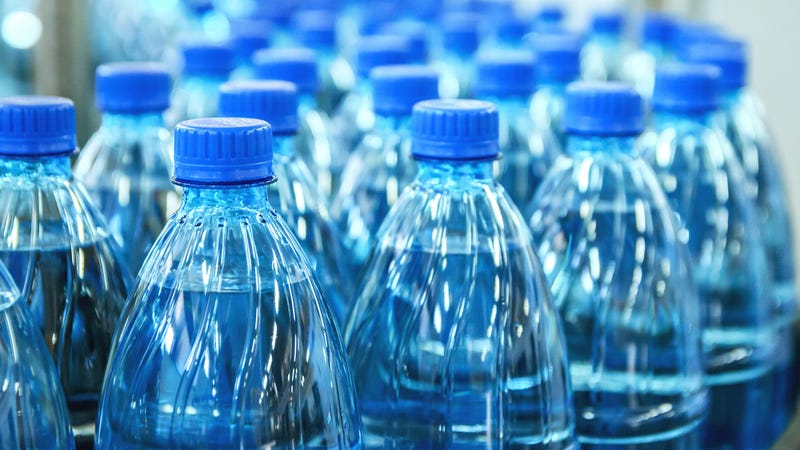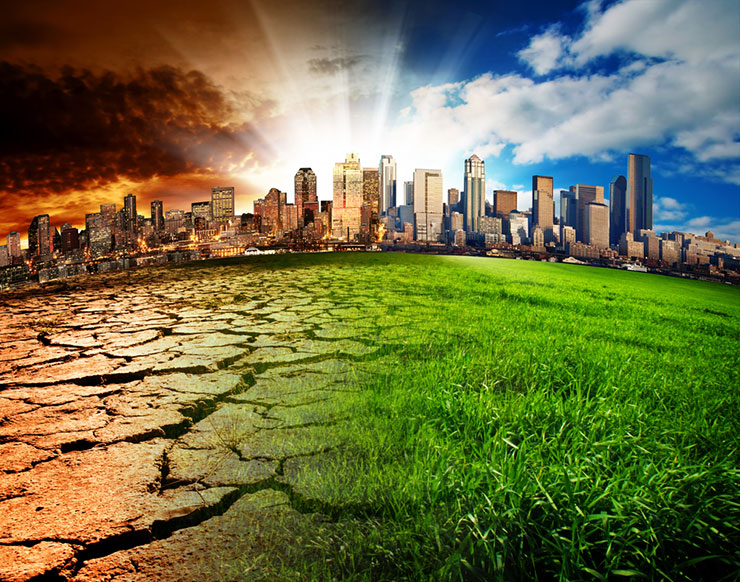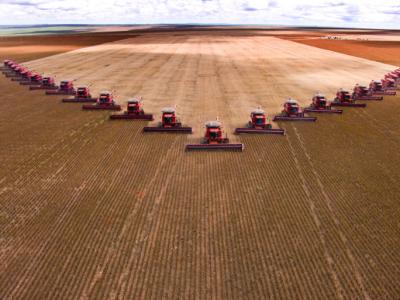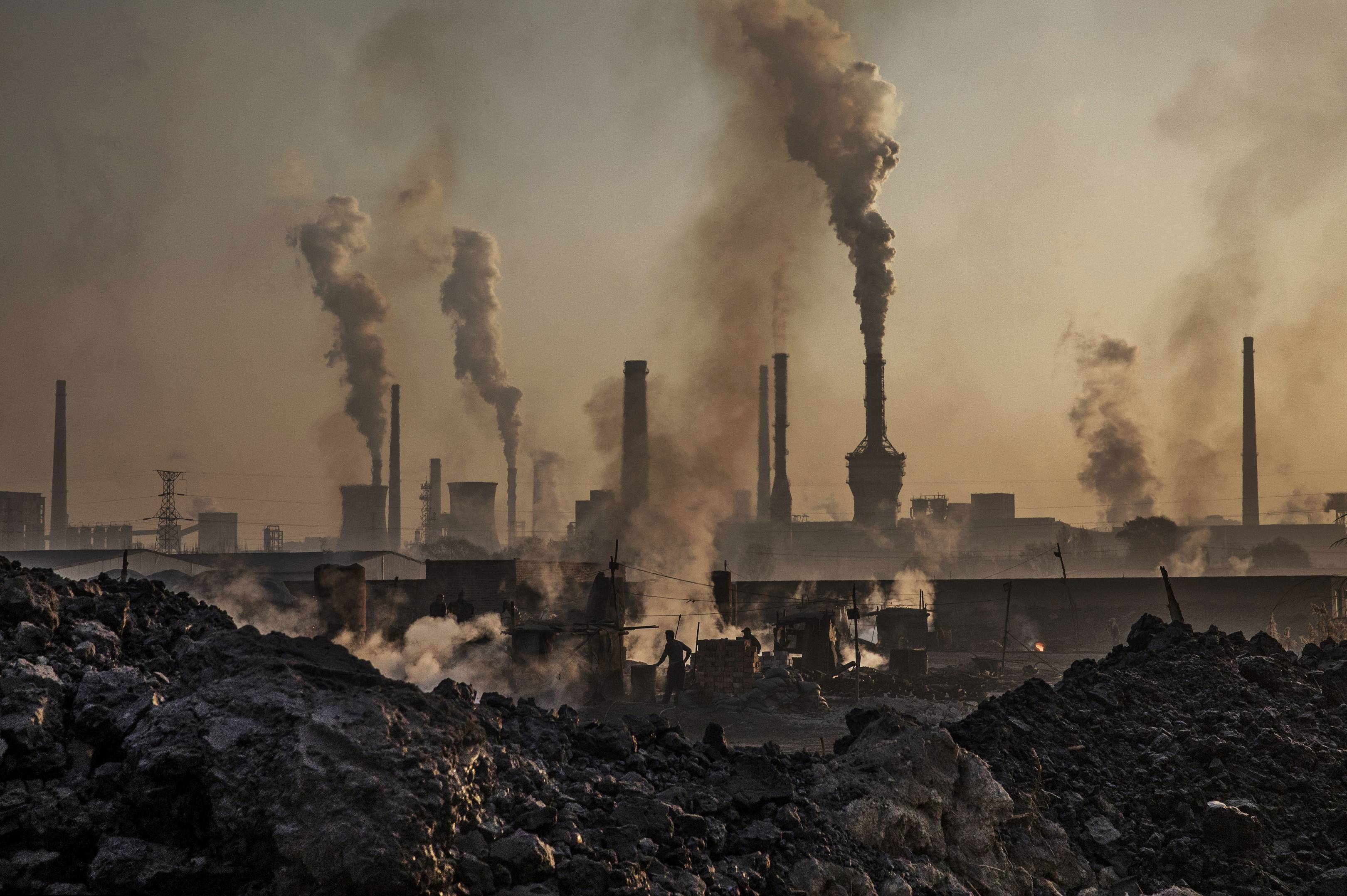 "Hydrogen oxide, commonly known as water, is the universal solvent. One of its most significant chemical properties is its ability to dissolve other substances, which makes it easily contaminated, allowing it to dissolve and carry pollutants for long distances. Once water is polluted it is difficult, and thus expensive, to restore."
"Hydrogen oxide, commonly known as water, is the universal solvent. One of its most significant chemical properties is its ability to dissolve other substances, which makes it easily contaminated, allowing it to dissolve and carry pollutants for long distances. Once water is polluted it is difficult, and thus expensive, to restore."As a youth I've always thought that our water was naturally pure and that nothing could possibly be wrong with it. We are taught from a youth stage that our water is naturally pure and that there could be no problems with the water that humans consume. It's after you get older and gain more knowledge that you begin to realize the true facts about what's going on in our water system. Prime example being Flint, Michigan. They've had polluted water for years and still haven't had their issue fixed. We need to take this more seriously as a society and demand change for Flint.
MLA (Modern Language Assoc.)
Robertson, Margaret. Sustainability Principles and Practice. Routledge, 2017.
APA (American Psychological Assoc.)
Robertson, M. (2017). Sustainability Principles and Practice. Abingdon, Oxon: Routledge.

"Salts are extremely mobile in water, which makes them a pollution concern. One kind of salt is ordinary table salt, sodium chloride, used to de-ice roads and in oil-drilling fluids. Runoff changes the salinity in waterways, harming plants and animals. Groundwater near military bases is vulnerable to perchlorate, a salt used in explosives and rocket fuel. Perchlorate is water soluble, highly mobile in groundwater, resists chemical and bacterial degradation, and is extremely persistent (Pepper et al. 2006, 277)"
To this day I never would've thought that "Salt" would be a huge problem in our ecosystem. We've lived with salt for how many years, and it compliments pretty much every dish that we eat. Who would have thought that salt would have, been the main cause for plants dying off. I think about it now and I wonder, how many other products that we commonly use could be very harmful towards the world. We are raised in a society where everything seems perfectly fine for humans to consume or use. Yet, we hear constantly some facts about how the things that we use everyday are very harmful towards our ecosystem.
MLA (Modern Language Assoc.)
Robertson, Margaret. Sustainability Principles and Practice. Routledge, 2017.
APA (American Psychological Assoc.)
Robertson, M. (2017). Sustainability Principles and Practice. Abingdon, Oxon: Routledge.
"Point source pollution comes from a single, well-defined source of emission. Point sources are facilities that concentrate pollutants, then pass them through a pipe, ditch, or canal for dis-posal. Common examples include a pipe discharging effluent into a river, a leaking storage tank, a ship, or a smokestack."
The craziest thing that I've ever seen in the world are production factories. The fact that we KNOW that they are the main cause of pollution and we do nothing about it because they are our main source of income disgusts me. There has to be a more economically friendly way that we can produce things without harming the environment. We are too far in this age of technology to be allowing these things to happen. There are literally places that dump wasted products down rivers and because they are big companies we allow that. Something has to change and it needs to spark a change in this generation as soon as possible.
MLA (Modern Language Assoc.)
Robertson, Margaret. Sustainability Principles and Practice. Routledge, 2017.
APA (American Psychological Assoc.)
Robertson, M. (2017). Sustainability Principles and Practice. Abingdon, Oxon: Routledge.














